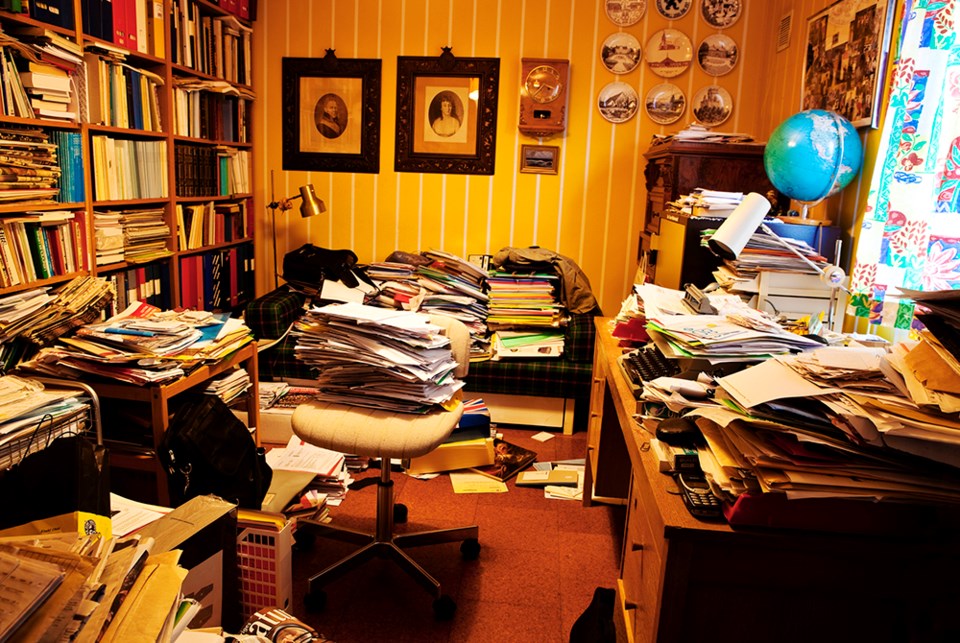What exactly is compulsive hoarding? According to Mayo Clinic professionals, compulsive hoarding is a mental health disorder that affects more than six million people in North America.
Besides having difficulty discarding things and an excessive accumulation of stuff, many people with a hoarding disorder have associated challenges such as indecisiveness, perfectionism and procrastination. They get easily distracted, agitated and angry. Depression, ADHD, childhood trauma and low self-esteem can greatly contribute to hoarding.
Warning signs
The first symptoms of hoarding disorder can start as a young child, which often builds up during the messy teenage years. As the person grows older, he or she typically starts acquiring things without consideration for need or space.
In my experience as a professional organizer, I found that many people use their accumulation of stuff as a protection from being shamed or hurt by others. Because of a lack of understanding, many families refuse to visit relatives who hoard, maybe even thinking they have a choice on how they keep their home.
Society’s misconception
Many people have a false understanding and belief that a person who hoards is an unkempt old lady with hundreds of cats, and starving for food and attention. Well, think again.
I searched for famous hoarders and found the infamous Collyer brothers, who lived and died in a New York mansion filled with 120 tons of debris and useless junk. Other famous hoarders include actors Johnny Depp, Mackenzie Phillips and Nicolas Cage.
Hoarding affects all of us, including the rich and famous.
Possible traits
· Unaware of her/his dysfunctional habits
· Inability to get rid of things
· Indecisive about where to store things
· Living in unusable and unsanitary conditions due to clutter
· Living in isolation from friends and family
· Feeling shame and overwhelm with life
Living with a hoarder
After reading the book Dirty Secret by Jessie Sholl, I had a better understanding of the challenges children face living with a parent who is prone to hoarding. In a chaotic environment, children are constantly experiencing stress, looking for their items, or fighting for a clean and organized space.
They are also deprived of healthy socializing with friends or extracurricular activities in school. Many of these children tend to leave schooling early or even run away from home, not being able to cope with the situation.
I personally worked with a single mother of four children, living in unlivable conditions and in constant fear of being evicted. Only when social services contacted me, she agreed to get professional help. With treatment from a qualified therapist and my help, this lovely lady was able to change her habits and become the mom she always wanted to be.
Where to get help?
Your family doctor is the first person you can confide in about your problem. He or she should be able to recommend local professionals who are dealing with this societal issue.
I recommend the following books:
· Overcoming Compulsive Hoarding ~ Fugen A. Neziroglu
· What’s The Price of Your Procrastination? ~ Ranka Buran
· Don’t Agonize, Organize! ~ Ranka Burzan
Ranka Burzan owns a professional organizing company based in the qathet region and has written several books on reducing clutter and becoming more organized. For information, go to solutionsorganizing.com.



